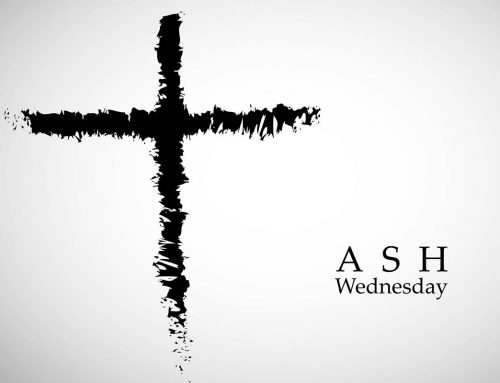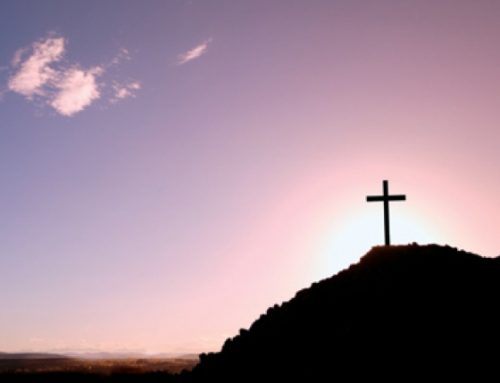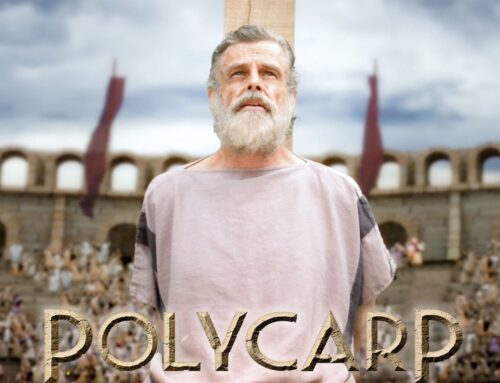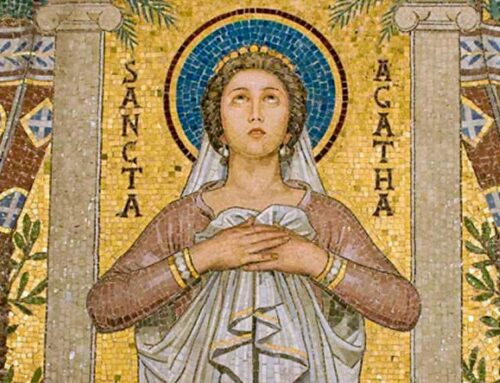Today the Pope introduced the first working session of the Synod: it is not good for cardinals to keep what they really think to themselves just because they believe the Pope thinks differently. The archbishop of Barcelona says: we are Samaritans. In today’s world, it’s no longer 99 sheep and one that has goes astray, but the other way round
Today the Pope introduced the first working session of the Synod: it is not good for cardinals to keep what they really think to themselves just because they believe the Pope thinks differently. The archbishop of Barcelona says: we are Samaritans. In today’s world, it’s no longer 99 sheep and one that has goes astray, but the other way round
Introducing the first session of the Extraordinary Synod on the Family this morning, Pope Francis said he wants Synod Fathers to speak their mind and listen with humility. The gathering began today in the New Synod Hall and will end on 19 October, in two weeks time.
“One general and basic condition is this: speak out. Nobody should say: ‘I can’t say this or they will think this of me…,’ Francis said. “We must all say what you feel with parresia (unabashedly). After the last Consistory (February 2014), when the family issue was discussed, one cardinal wrote to me saying: it is a pity some cardinals didn’t have the courage to say certain things out of respect fort he Pope, believing that the Pope may have thought differently. This is not good; this is not what synodality is about, because we must say everything we feel we need to say, in the spirit of the Lord, without pusillanimity and without fear. At the same time, we must listen humbly and embrace with an open heart what our brothers tell us. These two attitudes express synodality. This is why I ask you please to adopt these two fraternal attitudes, in the name of the Lord: to “feel with parresia” and “listen humbly”. Do this calmly and peacefully, because the Synod always takes place cum Petro et sub Petro and the Pope’s presence is a guarantee for everyone and protects the faith. Dear brothers, let us all work together to ensure a solid spirit of synodality.”
The Pope took the central seat, flanked by the Secretary of the Synod Cardinal Lorenzo Baldisseri and the Relator General, the Archbishop of Budapest Peter Erdö, as well as the three delegate presidents, the Archbishop of Paris, Cardinal André Vingt-Trois, the Archbishop of Manila, Louis Antonio Tagle, the Archbishop of Aparecida, Raymundo Damasceno Assis and the Special Secretary, the Bishop of Chieti, Bruno Forte. An ebony statuette of the Sacred Family stood on the table. The statuette was given tot he Pope as a gift by bishops of the Democratic Republic of Congo who recently went on their visit “ad limina apostolorum”.
After thanking the Synod Fathers, Bishops’ Conferences and staff of the Secretariat of the Synod (“They worked tirelessly and they continue to work to ensure the success of the Synod: thank you so much and may the Lord reward you!”). The Pope underlined stressed: “I wanted the spirit of synodality to be reflected in the election of the relator, the secretary general and the delegate presidents. The first two were elected by the post-Synodal Council directly. This was also elected by those who participated in the last Synod. Since delegate presidents must be selected by the Pope, I asked the post-Synodal Council itself to propose candidates and I nominated the individuals the Council suggested to me,” the Pope underlined. “You make the voice of particular Churches heard, you bring together local Churches through the Bishops’ Conferences. The universal Church and particular Churches are divine creations; understood as such, local Churches are a human creation. You make these voice heard in synodality. It is a big responsibility: presenting the realities and problems of the various Churches to help them walk along the path of the Gospel of the family.”
Before the break and before Cardinal Peter Erdö presented his Relatio ante disceptationem, the Secretary of the Synod, Cardinal Baldisseri, presented the meeting, by reminding participants of the various phases that preceded this gathering, expected changes and the work schedule. He also gave some practical tips on communication: “Don’t use Twitter during the debate, so as to ensure confidentiality,” the Tuscan cardinal told Synod Fathers. “You are free to talk to journalists and give interviews outside the Synod hall. It is up to each individual participant to decide what to say, helping to develop the debate on all the various issues being discussed.”







Leave A Comment
You must be logged in to post a comment.